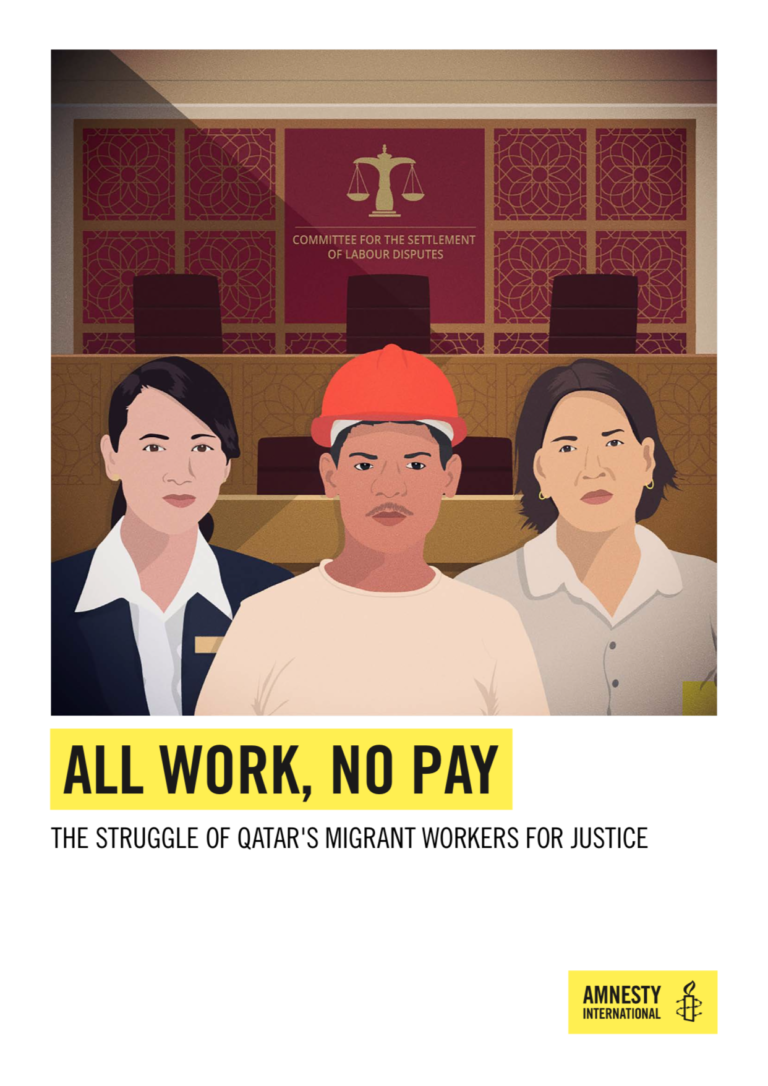Freedom Business Alliance Impact Report 2022
Standards & Codes of ConductPublicationsThe Freedom Business Code of Excellence defines the business practices that sustain holistic freedom and distinguish the work of Freedom Business. It contains six Commitments upheld by Freedom Businesses, defines common terms used within our industr...Read More

